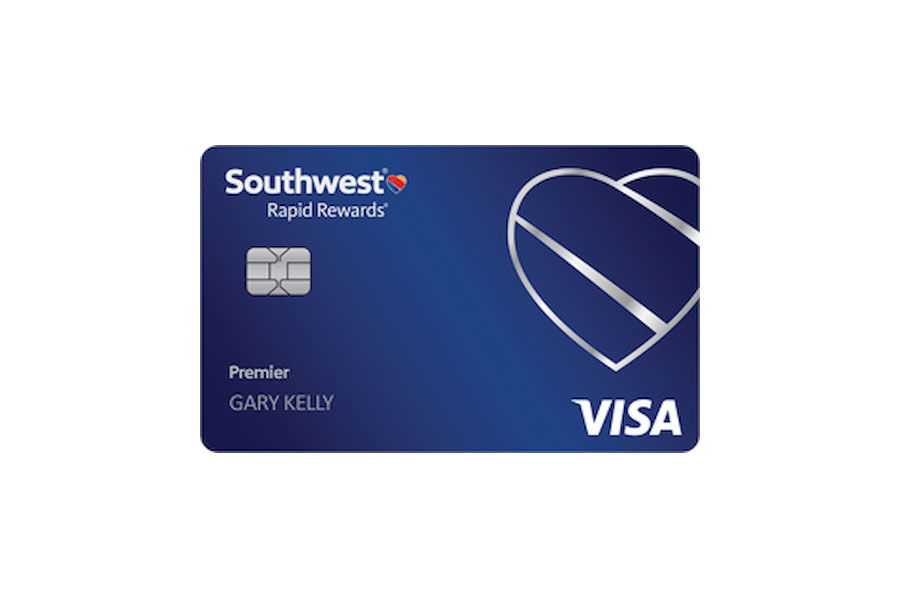The CareCredit credit card can be a helpful way to manage medical bills, dental care, veterinary services, and other out-of-pocket healthcare expenses. Issued by Synchrony Bank, it’s accepted at hundreds of thousands of providers across the country—and offers flexible financing for qualifying purchases.
But before you apply, it’s smart to understand what credit score is typically needed, what else Synchrony Bank looks for, and how to improve your approval odds if you’re on the fence.

Minimum Credit Score for a CareCredit Credit Card
To qualify for a CareCredit credit card, you’ll generally need a credit score of 600 or higher. That falls in the fair credit range, so you don’t need perfect credit to get approved—but stronger credit can help you qualify for higher limits and better terms.
Keep in mind: CareCredit looks at more than just your credit score. They also evaluate your income, current debt, and any negative items on your credit report.
What Is CareCredit?
CareCredit is a health-focused credit card you can use to pay for medical, dental, vision, hearing, cosmetic, and even veterinary services. It’s accepted by more than 260,000 providers and businesses, including:
- Doctors, dentists, dermatologists, and eye care centers
- Hospitals, surgical centers, and outpatient clinics
- Pharmacies and medical equipment suppliers
- Fitness and wellness providers like spas and chiropractors
- Veterinary clinics for both routine and emergency pet care
Once you’re approved, you can use your CareCredit credit card at any enrolled provider—without reapplying for each service.
How CareCredit Financing Works
CareCredit offers special financing options that set it apart from traditional credit cards.
Short-Term Financing
For purchases of $200 or more, you may qualify for no-interest financing if paid in full within 6, 12, 18, or 24 months. You’ll need to make minimum monthly payments—and if the balance isn’t paid off by the end of the term, deferred interest will be added retroactively from the purchase date.
Long-Term Financing With Fixed Monthly Payments
For larger purchases, CareCredit also offers reduced-interest, long-term financing:
- 24 months at 17.90% APR for $1,000 or more
- 36 months at 18.90% APR for $1,000 or more
- 48 months at 19.90% APR for $1,000 or more
- 60 months at 20.90% APR for purchases over $2,500
These plans come with fixed payments, which can make budgeting easier.
What Else CareCredit Considers Besides Credit Score
Even if your credit score meets the 600 mark, approval isn’t guaranteed. CareCredit takes a full look at your financial profile, including:
- Income – You’ll need to show you have consistent income to manage monthly payments.
- Current debts – If you’re already carrying a lot of debt, it may affect your approval chances.
- Negative marks – Late payments, charge-offs, or other past issues can weigh down your application.
If you’re unsure where you stand, review your credit report before applying to catch any issues early.
How to Increase Your Chances of Getting Approved
Here are some smart ways to strengthen your application—whether you’re right on the edge or just want better approval odds.
Know Your Credit Score
Use a free credit monitoring tool to check your credit score. Knowing your score helps you decide whether to apply now or wait until you’ve improved it.
Review Your Credit Report
Check for errors or outdated information. Incorrect negative items could be hurting your credit score unnecessarily. Dispute any mistakes you find through the credit bureaus.
Keep Credit Utilization Low
Try to keep your balances under 30% of your total available credit. If you have $5,000 in credit limits, aim to use less than $1,500 at any time.
Pay Every Bill on Time
Your payment history is the biggest factor in your credit score. Even one late payment can set you back, so stay current on all bills and minimum payments.
Limit Hard Inquiries
Avoid applying for multiple credit cards or loans within a short time. Each hard inquiry can lower your credit score a few points—and too many can signal risk to lenders.
Maintain Stable Income
Having a steady job and reliable income stream makes you more appealing to lenders. Be ready to verify your income if asked.
Don’t Close Old Accounts
Keeping older credit accounts open helps build a longer credit history. Even if you don’t use them often, they still play a role in boosting your credit score.
Consider a Cosigner
If your credit is on the lower end, applying with a cosigner who has stronger credit could help. Just keep in mind—they’ll be equally responsible for the debt.
Want Help Improving Your Credit?
If past issues are hurting your credit score—like collections, charge-offs, or late payments—getting help from a credit repair company can be a smart move.
Credit Saint works with clients to dispute negative items on their credit reports and improve their credit scores over time. They even offer a 90-day money-back guarantee, so you can move forward with confidence.
If you’re serious about raising your credit score before applying for CareCredit, visit their website to see how they can help.
Final Thoughts
CareCredit can be a helpful way to manage medical costs, especially if your expenses aren’t covered by insurance. A credit score of 600 is typically the starting point—but having steady income, low debt, and a clean credit report can make all the difference.
If you’re not quite ready to apply, take a few months to build your credit and strengthen your financial profile. With the right prep, you can boost your approval chances and take full advantage of CareCredit’s flexible healthcare financing.



